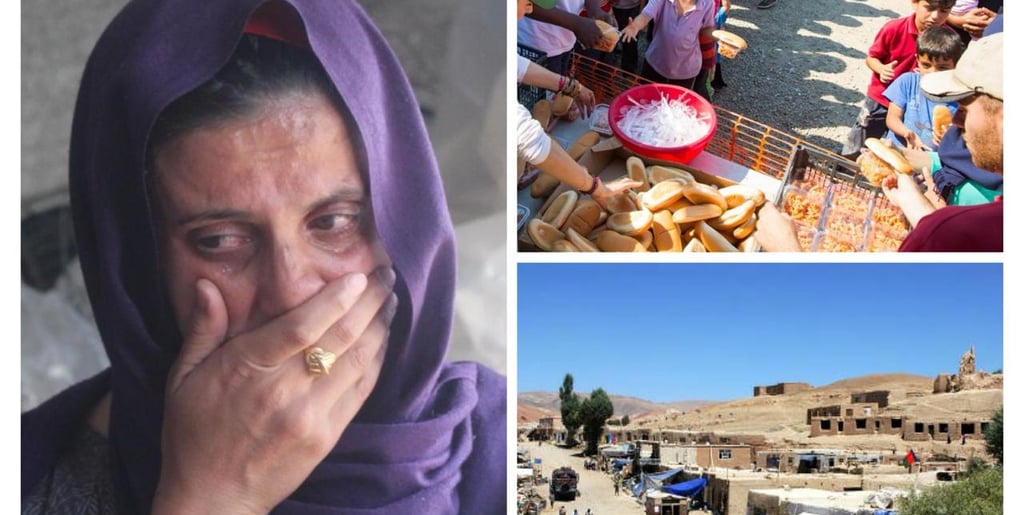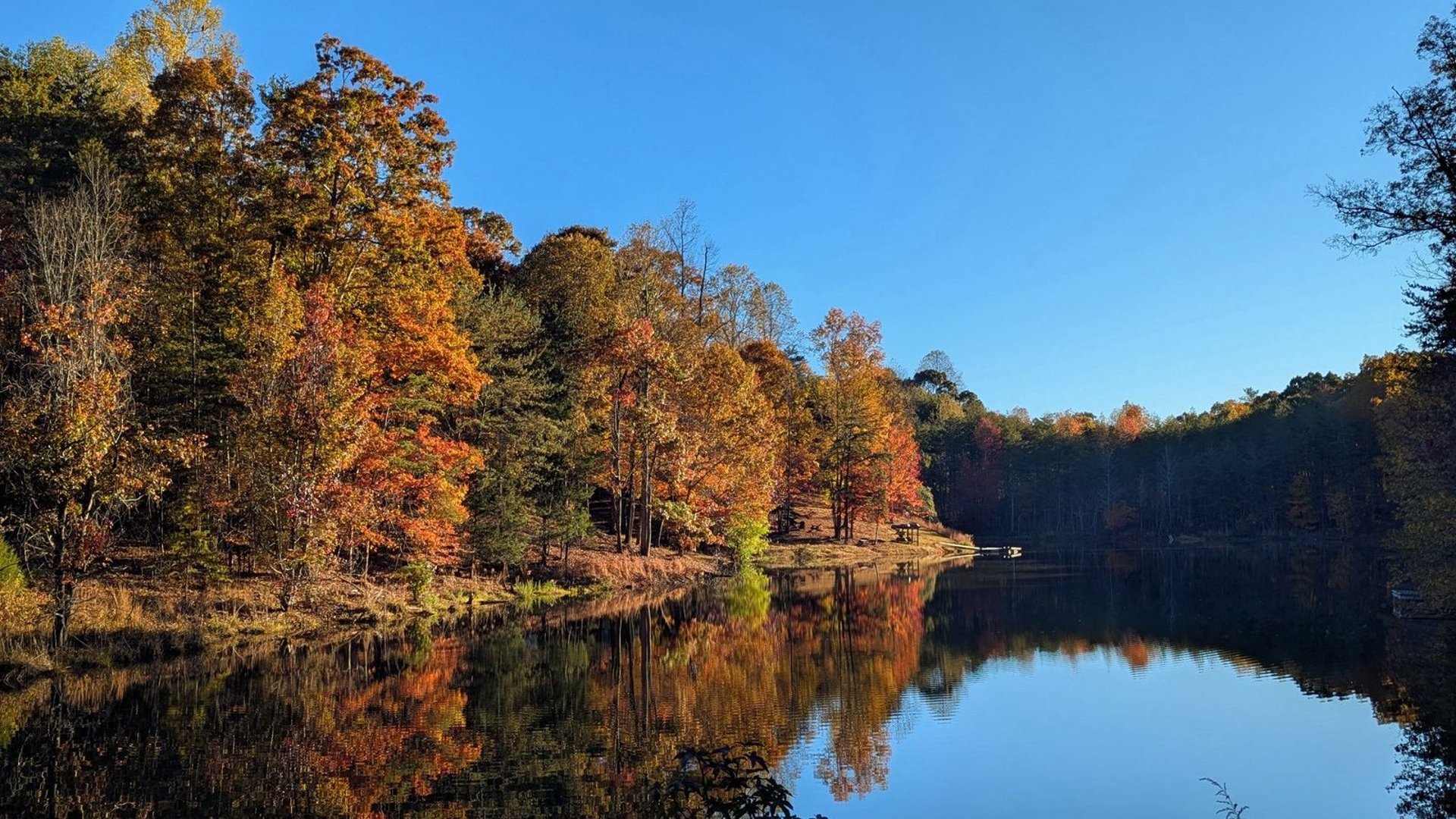Gleaning Grace: Loving the Stranger in a Fractured World
A glimpse into the life of Humanitarian Aid Worker who loves the Master
TALES AND TRAVEL
Wandering Armenian
5/23/20253 min read


I have walked dusty roads from the camps of Ukhiya and Nayapara in Cox’s Bazar to the makeshift shelters of Nia Kavala in Thessaloniki up North Greece and far scattered IDP camps of 2001 & 03 in rural Afghanistan bearing witness to lives splintered by war and displacement. Yet, each time I lifted my eyes from the dust and dirt or under camp tents and bamboo huts, I saw faces—faces of strangers who became family in a fleeting moment of shared humanity. The words of Leviticus 19:9–10 and 33–34 have haunted me ever since I first learned them: “When you reap the harvest of your land, do not reap to the very edges of your field… do not go over your vineyard a second time… When a foreigner resides among you in your land, do not mistreat them. The foreigner residing among you must be treated as your native-born. Love them as yourself.” In those lines I found a blueprint for holy hospitality, and I have tried, however imperfectly, to follow it. In fact, I had the same feeling in my own homeland when I walked through the ravaged deserted streets and by lanes of riot-stricken parts of the capital city- Delhi or watch the strife in the Middle East.
In a world so fragmented—spiritually, emotionally, territorially—it can feel as if we are all trapped on tiny islands of fear and suspicion. Back in the day (during my time in Greece & Cox’s Bazar) I have sat with mothers who had lost their sons and young wives who lost their spouses, sharing silent tears; In Afghanistan, I have broken bread with fathers who once carried rifles, now clutching hope for their children’s futures. Each act of kindness, each moment of listening, has felt like gleaning the edges of my own capacity to love. I have tried to offer the last cup of water, and the final spoonful of rice and chutney, because I remembered the ancient command to leave something for those who cannot provide for themselves. In those small gestures, I think I could thinly see the Kingdom’s promise—that love does not distinguish between “us” and “them.”
There are days when I sit back and recall my times spent in all these beautiful but ravaged places as I flip through the old moments digitally captured on my portable drive. Some days, the weight of suffering presses so hard on me that I wonder if my past feeble efforts will ever matter. Will I, at the end of my race, stand before my Master and hear, “Well done, good and faithful servant”? Or will my name fade into memory, another aid worker forgotten among the thousands who passed through these stricken lands? Yet Paul’s words resound in my heart: “I have fought the good fight, I have finished the race, I have kept the faith” (2 Timothy 4:7). I try to hand onto the hope that each comforting word, every shared meal, and whispered prayer, has been recorded in heaven’s ledger. And I credit every little thing as a gift from the Master. Even the fact that I am still alive, looking back on those stories of the places where I once lived and worked.
As I continue my life, I try to press on gathering whatever little courage there is left and I pray not just for myself but for all of us, that no matter what, we are able to lean into our discomfort urging the Master to help us love more fiercely the people HE has placed around us or brings our way and see our Master in the eyes of every stranger. And even if our names are lost to history, we should trust that these fragments of mercy will shine in eternity’s tapestry. And on that final day, we would not have simply just survived the journey but would have lived as one who gleaned grace for the foreigner, the orphan, the widow—and for ourselves.
To end sharing, I ‘d like to apologize if I have been selfish in the choice of words or if I have been too personal in my expressions, and that is because the inner me longs badly to go back to the field and serve those faces, I talked about. (Adapted from my travel times)

